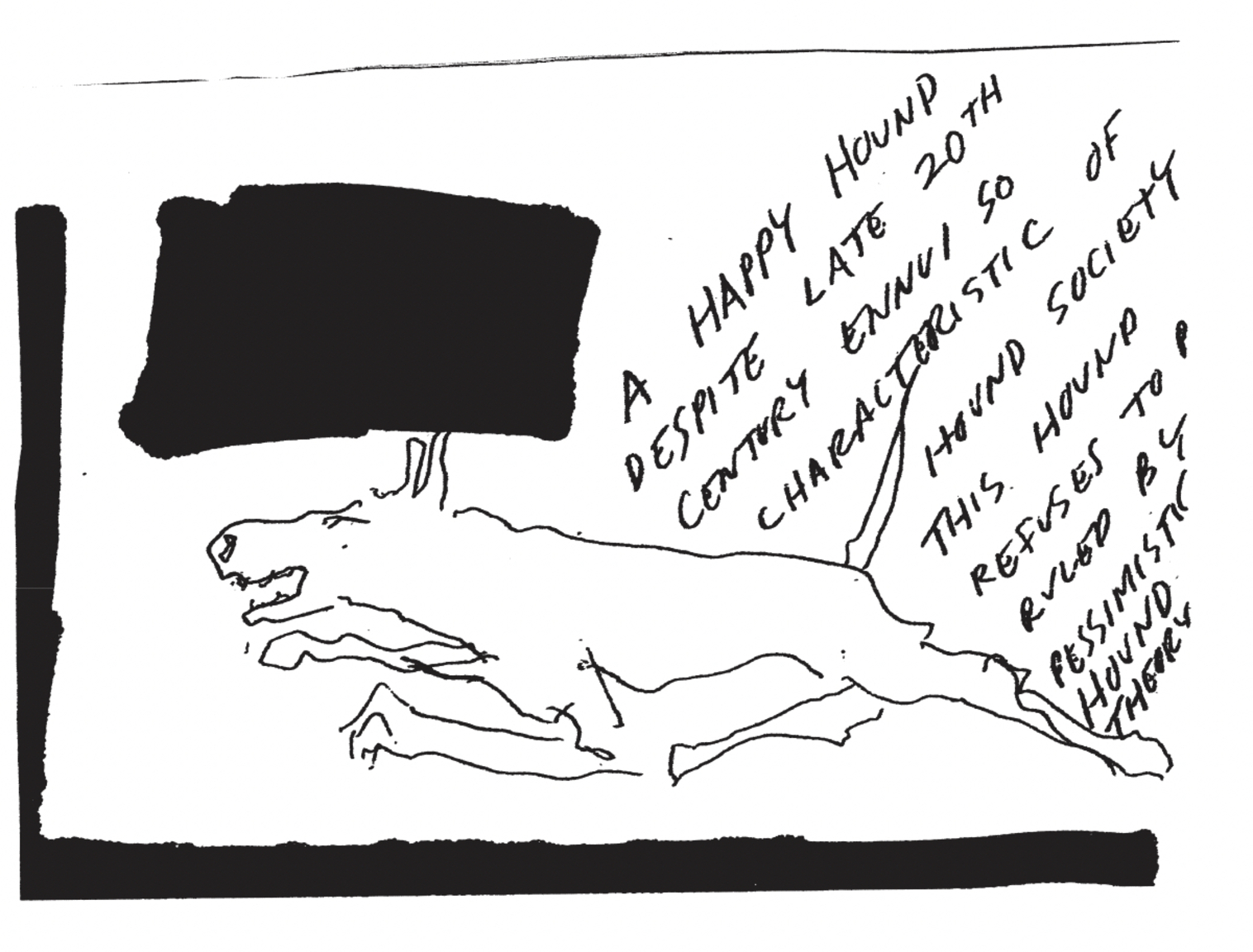Forelesning

Open Lecture: Aaron Schuster / The Weird Optimism of Psychoanalysis
For the twentieth century, psychoanalysis was a deeply pessimistic discourse, and Sigmund Freud one of its great pessimistic thinkers. Freud often took on the mantle of the sober adult, disabusing humanity of its childish illusions.
Insofar as psychoanalysis survives and reinvents itself in the twenty-first century, it will be as a weirdly optimistic discipline. If repression is inherently pessimistic, the return of the repressed is optimistic—in a funny, unexpected sense. Psychoanalysis is not only a theory about the necessity of defense mechanisms for life, the astounding capacity of human self-deception, and the inevitability of conflict, unhappiness, and repression, but also a theory of the failure of repression. Repression fails. Self-deception can never prevent the truth from manifesting itself, in one form or another. In this lies the core of the psychoanalytic opposition to the trend of contemporary morality, politics, and technology, whose gambitlies in the dream of refabricating reality without remainder, of “successful” repression.
To explain this opposition we need new terms and paradoxes, like involuntary insubordination, as the counterpoint to willing servitude. Or the borderland between loneliness and community (Franz Kafka). Humans are creatures of the border, caught between worldlessness and being-in-the-world, communal life and unspeakable singularity. Art, which is typically identified with culture as such, ought to be reconceived according to this borderland.
Aaron Schuster is a philosopher and writer based in Amsterdam. He has written on topics such as the history of pleasure, political comedy, Bolshevik feminism, anti-sexuality, the philosophy of tickling, the history of levitation, the theory of breakups, and complaining, and has collaborated as a writer and dramaturge with artists on a number of projects. He is the author of The Trouble with Pleasure: Deleuze and Psychoanalysis (MIT Press, 2016), and co-author of Sovereignty, Inc.: Three Inquiries in Politics and Enjoyment (University of Chicago Press, 2020). His book How to Research Like a Dog: Kafka’s New Science was published by MIT Press in 2024. He is an editor of e-flux Notes.
This open lecture is a part of the Academy of Fine Art´s public programme - for full program visit our calendar: https://artacademycalendar.khio.no/